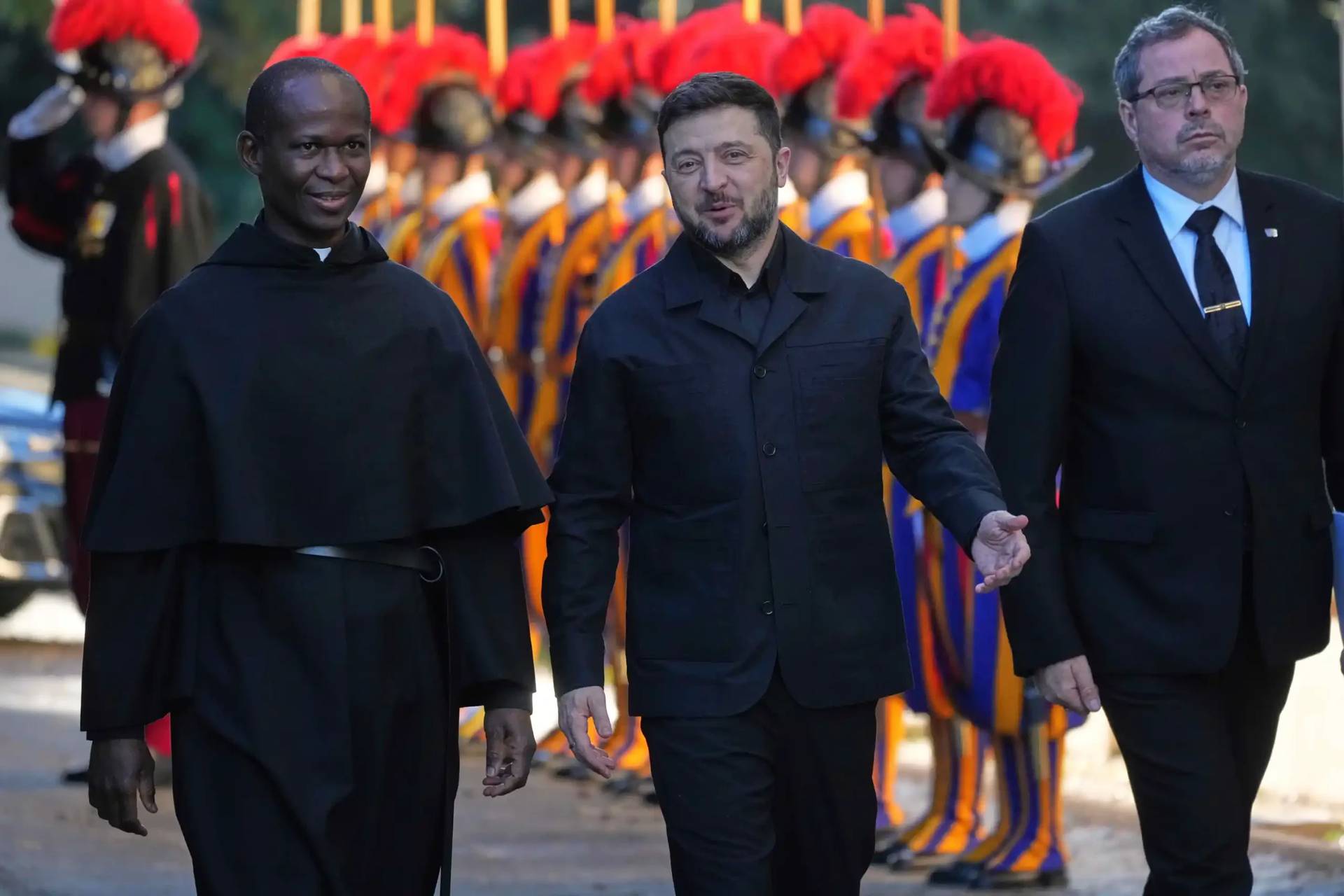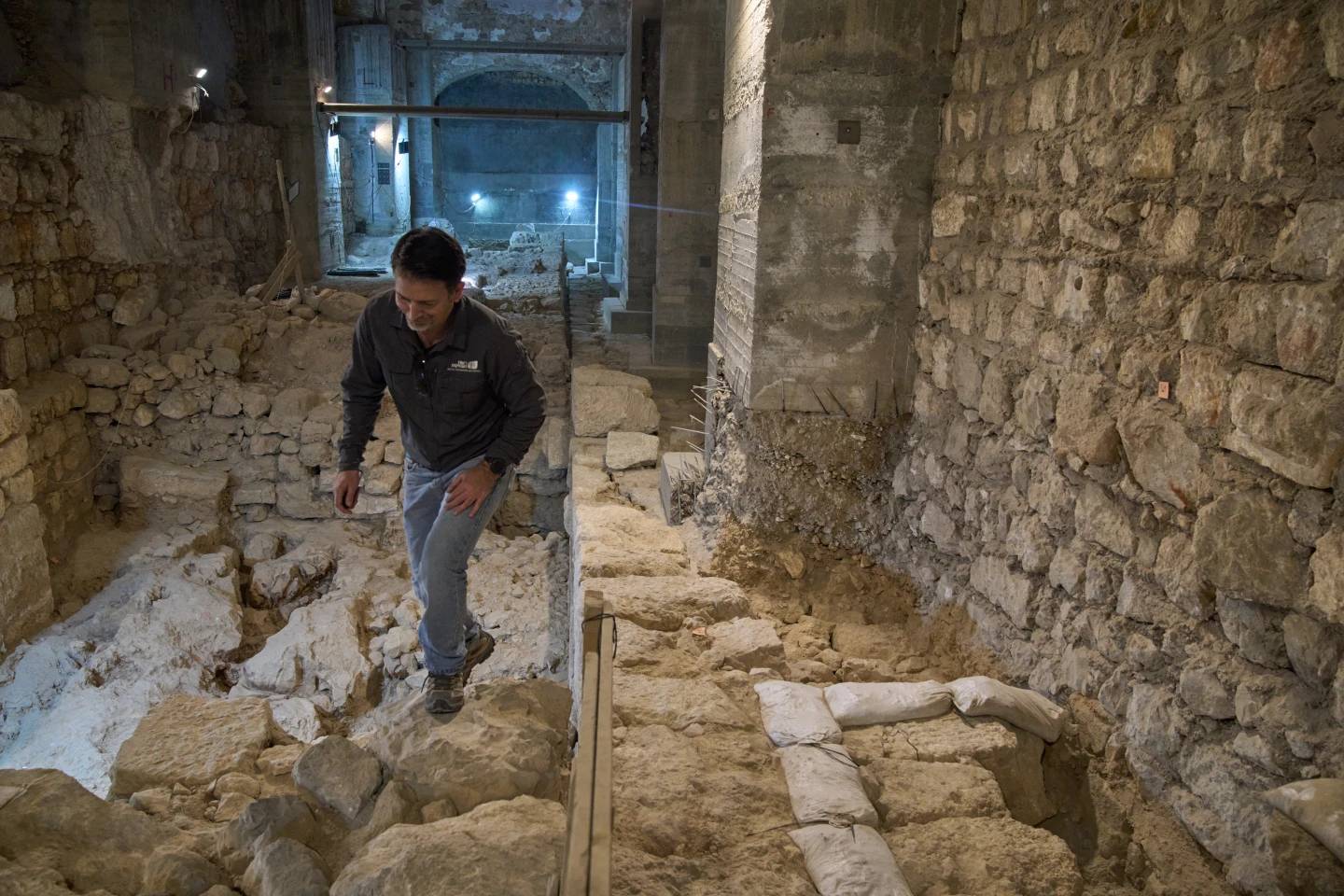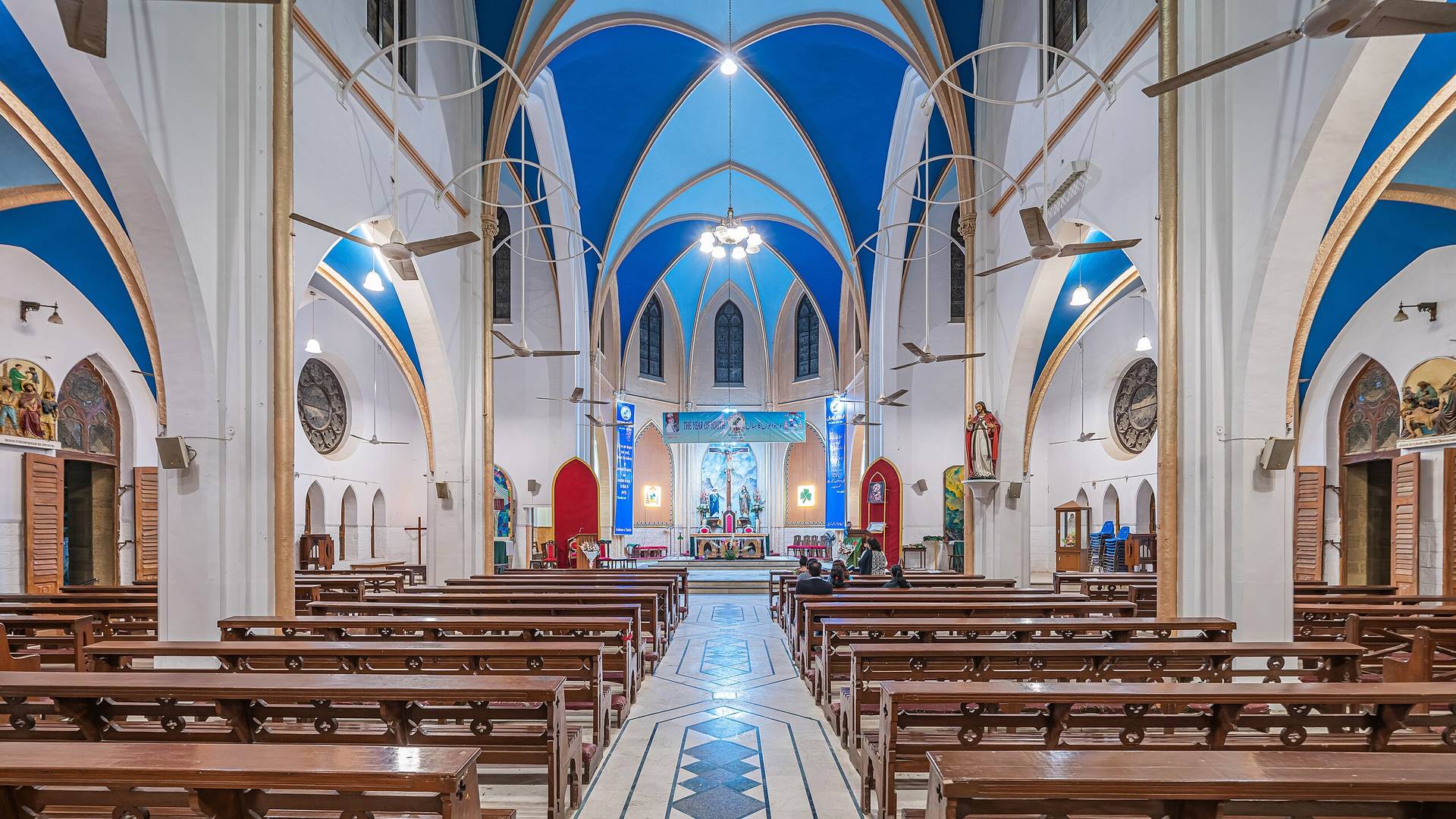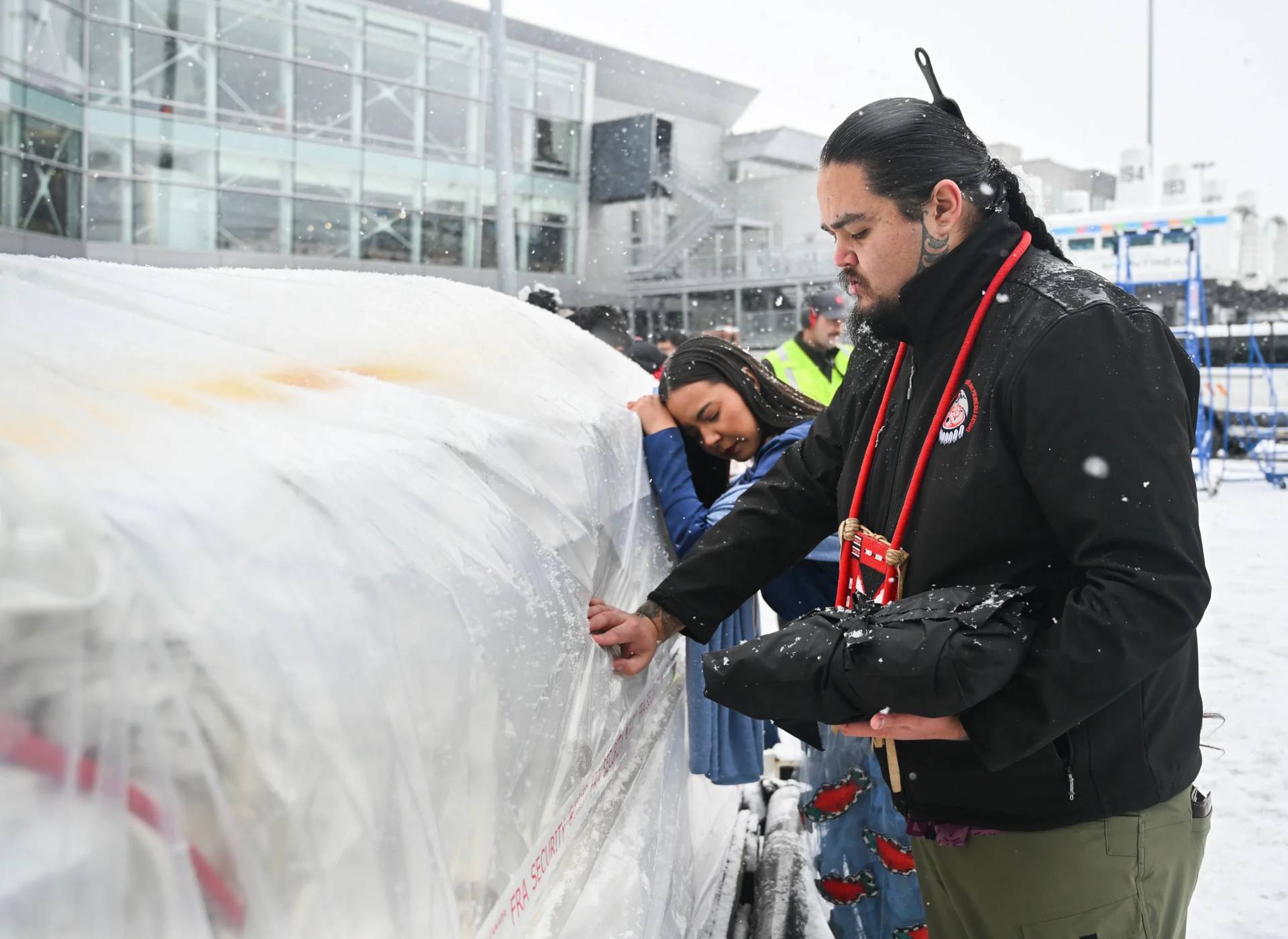MUMBAI, India – Myanmar’s Catholic cardinal called on the nation to reject hatred, injustice, and ethnic conflict in his Easter message.
Saying that Easter is a “day of hope,” Cardinal Charles Maung Bo said “our country needs huge amounts of hope.”
The Archbishop of Yangon is the county’s first cardinal, getting his red hat from Francis on February 14, 2015.
Since last August, the Southeast Asian country has faced its worse crisis since it held multiparty elections in 2015, which Nobel laureate Aung San Suu Kyi’s National League for Democracy won in a landslide.
A government campaign against the country’s Rohingya minority has driven more than 700,000 refugees from the Buddhist-majority Myanmar into neighboring Bangladesh.
RELATED: Bo says Rohingya need international help, because Myanmar doesn’t want them
“There are many stones of despair that need to be removed from the graves of hopelessness in our hearts and in our nation,” Bo said in his Easter message. “Let Easter’s wonder touch every human soul in this country. As the Bible exhorts us: Let us choose life, not death.”
Catholics in Myanmar number about 700,000 people, less than 2 percent of the population.
Despite its small size, the Church in Myanmar is very diverse, and most prominent among the country’s ethnic minorities.
The 16 dioceses in the country reflect this diversity – four for the Karen ethnic group, three for the Kachins, four for the Chins, three for the Kayahs, and two with a mixture of ethnicities.
This has caused discrimination and suspicion from the majority Burmese, whose ethnicity is often intertwined with their Buddhist faith.
RELATED: Cardinal says persecuted Church in Myanmar ‘thrived’
Interfaith dialogue was a major component of the Nov. 27-30 visit of Pope Francis to Myanmar.
In his Easter message, Bo remembered Francis exhorted Christians not to repay vengeance with vengeance, but with reconciliation.
The cardinal said Myanmar must come out of “man-made graves” and “roll down the stones that block our people’s blessings.”
He said these stones are hatred, injustice, and ethnic conflict.
“When there is no justice there is no peace. No country can enforce peace on its population. Peace flowers forth when planted on justice,” Bo said.
He said Francis has constantly brought the ‘two eyes of justice’ – economic justice and environmental justice – as the two eyes of humanity.
“But millions are buried in the grave of economic injustice in this country; thousands are buried as ‘modern slaves’ in unsafe migration to nearby countries. Resources have become the deep grave for our ethnic brothers and sisters. Looting has buried thousands in conflict and displacement,” the cardinal said.
RELATED: Myanmar cardinal defends country’s embattled leader, Aung San Suu Kyi
Bo appealed to the government and the country’s various ethnic groups – many of which have various militias which have been fighting the national army – to “move away from the grave of conflict.”
“We have had six decades of war,” the cardinal said. “Conflict has buried us all – the countries in South East Asia who were poorer than us are now economic powers today. But we remain one of the poorest nations on the earth. Conflict has eaten the core of Myanmar people’s dignity. Peace is the only way forward.”
Bo said Myanmar’s wounds are “self-inflicted wounds,” and that it was the refusal “to accept the multicultural nature” of the country by the Burmese majority which led to ethnic conflicts.
Reflecting on the events of Holy Week, the cardinal noted “religious elites and political elites dreaded [Jesus’] message of love.”
RELATED: Myanmar cardinal embraces peripheries, takes on Chinese dam project
“Humanity’s struggle has always been dithering between death and life. He was condemned to death and killed like a street criminal because he fought death and evil,” he said.
The cardinal mentioned the “spiritual wisdom” of the dominant Buddhist faith of the country praised by the pope during his visit and asked that this wisdom “continue to inspire every effort to foster patience and understanding and to heal the wounds of conflict that, through the years, have divided people of different cultures, ethnicities and religious convictions.”
“To the Catholic Church, the Easter message is clear: The Church is an instrument of peace and must work with all stakeholders in working for a nation of peace built on justice,” Bo said. “The Gospel we preach is above all a message of healing, reconciliation and peace.”

















